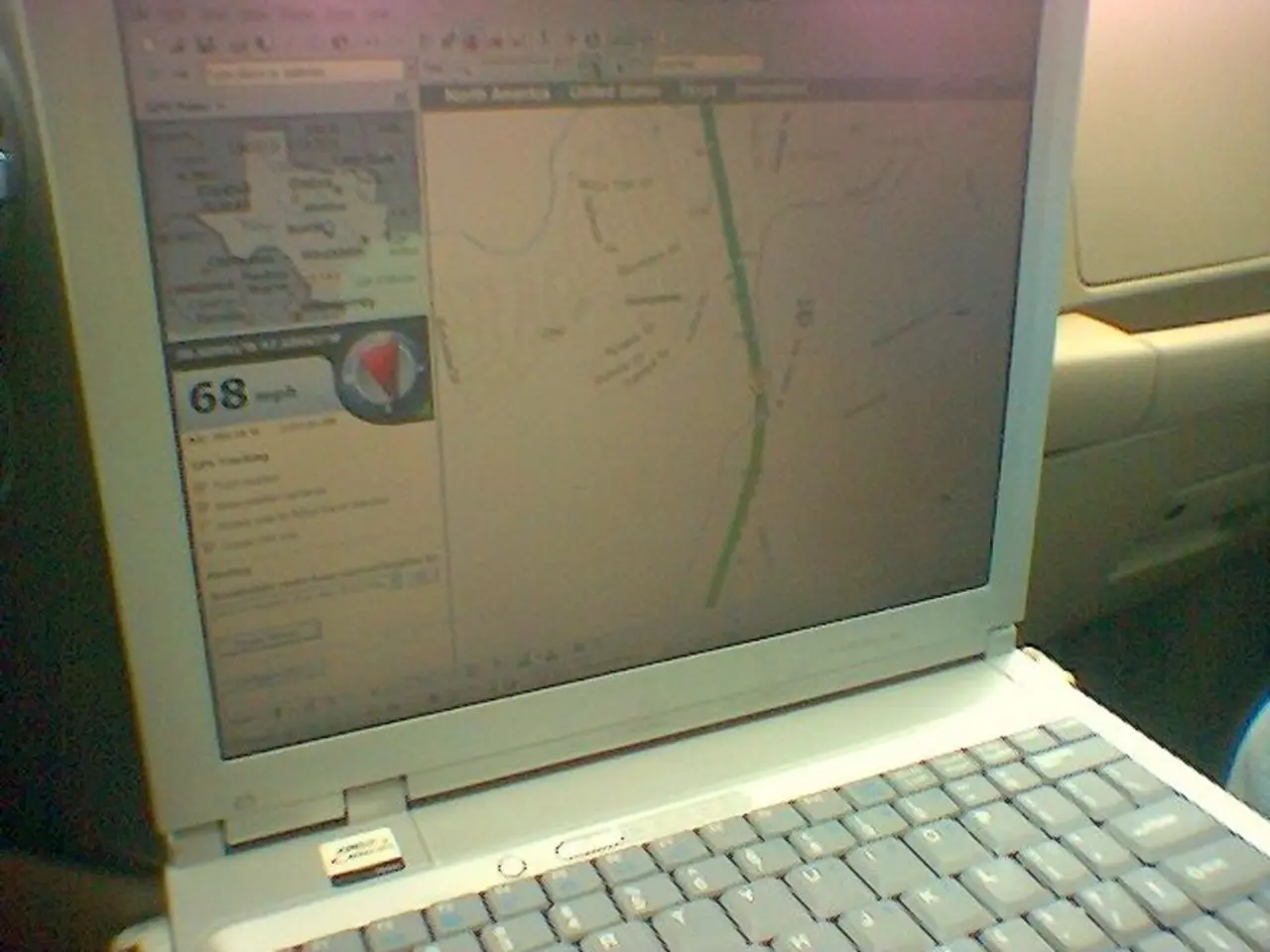Unnoticed Shifts in Corporate Technology Landscape in 2019
In the dynamic world of enterprise technology, design and user experience (UX) have become crucial competitive advantages, with more cycles being spent on design iteration. This shift is reflected in the prototyping of products as nearly functional apps, which are then beta tested with users, and code is either built or auto-generated from the design.
Venture capital firms are at the forefront of this technological revolution, with industry leaders like Ben Horowitz, Jennifer Li, Sarah Wang, Joel de la Garza, and Peter Levine steering the ship. Jennifer Li, for instance, focuses on enterprise and infrastructure investments in data systems, developer tools, and AI, while Sarah Wang specialises in enterprise technology companies.
One of the most overlooked trends in enterprise technology in 2019 was the demise of systems of records due to the rise of AI. This shift has significant implications for businesses, as AI can now automate data capture and create data records in platforms like Salesforce from email exchanges. In the future, people might start with questions they want answered, and AI will gather and organise the necessary data to answer those questions.
The importance of performance-monitoring tools has also evolved, with these tools shifting from passive to proactive monitoring. New startups are offering greater sophistication in this area, ensuring that businesses can stay ahead of potential issues.
Machine learning (ML) developer tooling is another rapidly evolving field, with a focus on automating data science tasks and workflows. This was evident at AWS re:Invent, where many new AWS services were announced in this area.
Cloud security and correct configurations are important areas where startups can focus, due to increased interest in compliance and cloud security. The consumerization of security has led to the adoption of enterprise security tools at scale, such as Yubico and Thinkst, and open-source tools like HashiCorp Vault.
Robotic Process Automation (RPA) and legacy automation technologies continue to have a role within broader AI strategies. Despite the hype around newer AI agents and orchestration technologies, companies are finding value in proven automation methods that support business process management without requiring full infrastructure changes.
The evolving role of traditional data management systems, alongside newer approaches, is another trend that was often overlooked in 2019. While data warehouses were sometimes dismissed, they are evolving to meet new digital enterprise needs alongside data lakes. The combination of these technologies requires enterprises to maintain vigilance due to rapidly changing technology landscapes.
Mobile optimization and serverless architectures in web and application development are also gaining traction but often overlooked in strategic enterprise planning. Mobile-friendly websites and serverless computing are becoming critical for customer engagement and efficient software development, with serverless architecture expected to grow significantly beyond 2019.
Digitization in specialized sectors like healthcare and financial services is revolutionizing how services are delivered. Technologies like AI, digital payments, biometrics, and advanced visualization tools are enhancing professional workflows and customer experiences. The impact of biotech innovations, partly fueled by mRNA research, is also poised to reshape health outcomes.
In conclusion, enterprises in 2019 sometimes overlooked the continuing utility of established automation technologies like RPA, the evolving role of traditional data management systems alongside newer approaches, the strategic importance of edge AI deployment, mobile optimization, serverless architectures, and the sector-specific digitization trends that were quietly transforming industries such as healthcare and finance.
It is essential to note that the content provided is for informational purposes only and should not be relied upon as legal, business, investment, or tax advice. The views expressed by individual personnel at a venture capital firm are not the views of the firm or its affiliates. For a comprehensive list of investments made by funds managed by the venture capital firm, please visit the specific URL provided.
Technology plays a significant role in venture capital firms' strategies, as they invest in various technological advancements such as AI, machine learning, and cloud security. Enterprise technology trends in 2019 included the evolving use of traditional data management systems, the strategic importance of mobile optimization and serverless architectures, and the ongoing utility of established automation technologies like Robotic Process Automation (RPA).




